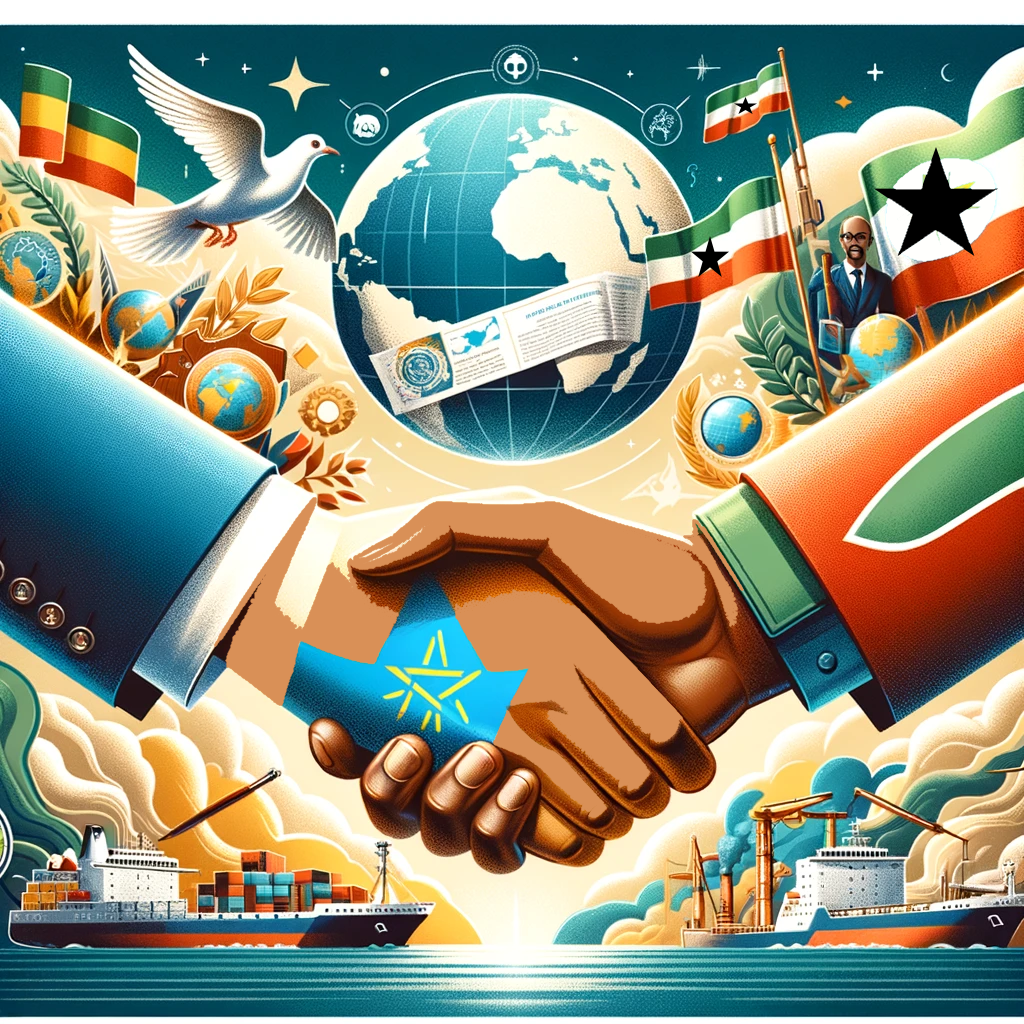The real issue that critics of the MoU are concealing is how Somalia's federal states perceive the MoU. For instance, will they embark on significant projects with Ethiopia or Kenya without involving the FGS?
Compounding this issue is the FGS's assertion that Somaliland is a federal state when, in reality, it functions as an independent nation. This discrepancy inadvertently encourages other federal states to view Somaliland's status, not as the parent state of the Somali Republic, but as an ideal model of autonomy to aspire to, provided they possess sufficient strength.
Consequently, the looming question is whether Somalia will gradually disintegrate following Somaliland's recognition. In contrast to Somaliland, which has been diligently forging a path in state-building and democratization, Somalia has been intent on crafting a federal system with the ulterior motive of thwarting Somaliland's progress.
This strategy has resulted in a highly fragmented and fundamentally flawed system, irrelevant of whether Somaliland is recognised or not. Regions like Puntland and Jubaland are already collaborating with other countries in several areas such as military and development. More recently, Galmudug has independently initiated discussions with Ethiopian authorities regarding power importation, bypassing the Federal Government of Somalia.
The good news is Somaliland can help even if Somalia refuses it. For over three decades, Somaliland has grappled with the consequences and perceptions of its independence and it can do one last favour for Somalia - here is how:
Somaliland and Ethiopia can broaden their treaty to ensure that no federal state engages or coordinates with either Somaliland or Ethiopia without the Somali Federal Government's involvement.
This strategy demonstrates that while no one can halt the progress of Somaliland and Ethiopia, these nations are equally committed and acting responsibly towards Somalia's recovery. Critics of the Memorandum of Understanding (MoU) should reconsider their stance, recognising the MoU as a catalyst for stability rather than a source of tension. The region must rectify the catastrophic results of implementing clan or ethnic federalism in the horn with Somaliland serving as a beacon of successful civil nationalism.
By revising the MoU, leaders in Somaliland and Ethiopia are not only protecting the interests of their people but are also paving the way for a new era in the Horn of Africa.
